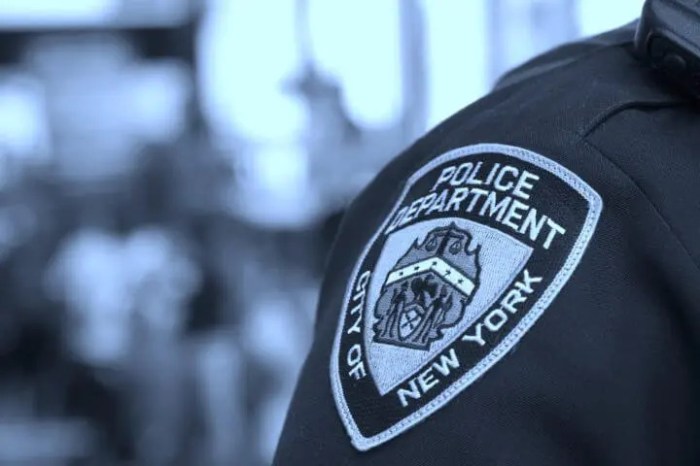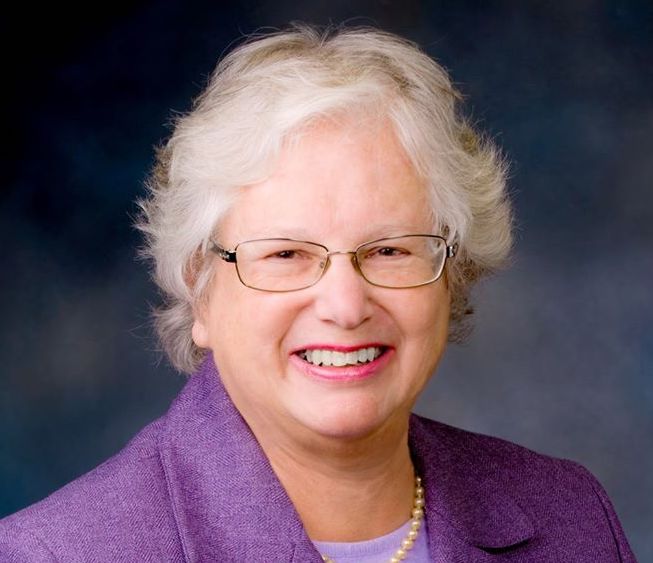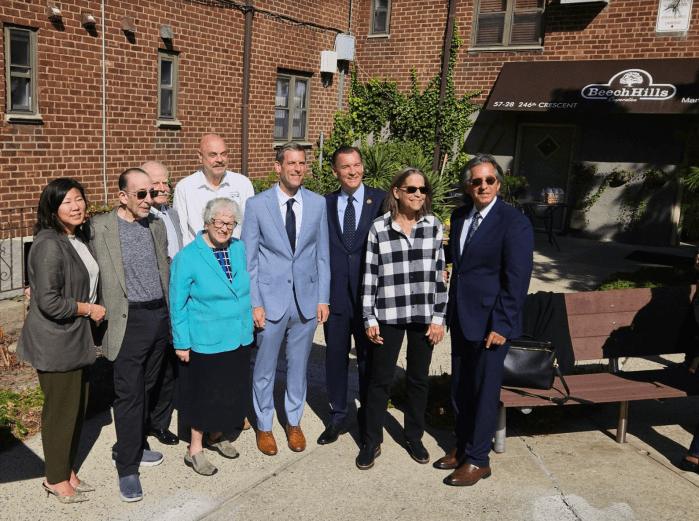After years of wrangling between Community Board 11 (CB11) and federal and city officials, State Senator Frank Padavan has secured up to $1 million to finally realize the “quiet zone” at the Little Neck station of the Long Island Rail Road (LIRR).
In response to over 3,000 collisions which resulted in numerous deaths at railroad crossings in 2004, the federal government required that trains sound their horns for 15 to 20 seconds as they approach vehicular crossings.
As a result, the trains on the Port Washington LIRR line have been blasting their horns four times as they approach the station at Little Neck Parkway and 39th Avenue - more than a hundred trains every weekday and more than 75 on Saturdays and Sundays.
The crossing is one of 11 places in the city where Metropolitan Transportation Authority (MTA) tracks and streets cross.
“Solving the nuisance of the noise around the Little Neck station has been a chief concern of mine for some time,” Padavan said. “The funding I have secured will establish the necessary quiet zone for the residents near the Little Neck station and greatly improve their quality of life,” he added.
“Senator Padavan has done a great service to the community,” said Bernie Haber, former CB11 Chair and a renowned Civil Engineer, who has been attempting to resolve the noise issue since the rules were changed in June of 2005. “I’ve got a file that’s two-inches thick,” Haber said.
Despite efforts by Haber and CB11 to advance a cheaper solution to the problem, engineers at the city’s Department of Transportation refused to consider any improvement to the crossing other than “Quad Gates.”
The cost of adding gates to block both sides of the road, on both sides of the crossing has been estimated at $900,000. “The MTA wasn’t going to pay,” Haber said. “By sounding the horns, they complied with the law.”
Haber explained that once the city proposed improving the crossing at its own expense, taxpayers would also be on the hook for maintaining the gates “in perpetuity.”
“In any event, they said ‘We don’t have the money’ so that was it,” Haber said, adding, “Without Padavan’s million dollars, it would have taken forever.”
Haber gave City Councilmember Tony Avella credit for providing “$100,000 for a study,” and Congressmember Gary Ackerman for an allocation of $250,000 to fund an improvement.
“Padavan allocated enough to get the job done,” Haber said, adding, “and the best thing is that the money goes directly to the MTA to do it themselves - their engineers and their maintenance.”
“The only thing we need to do is get the MTA to prioritize this project,” Haber said.


































